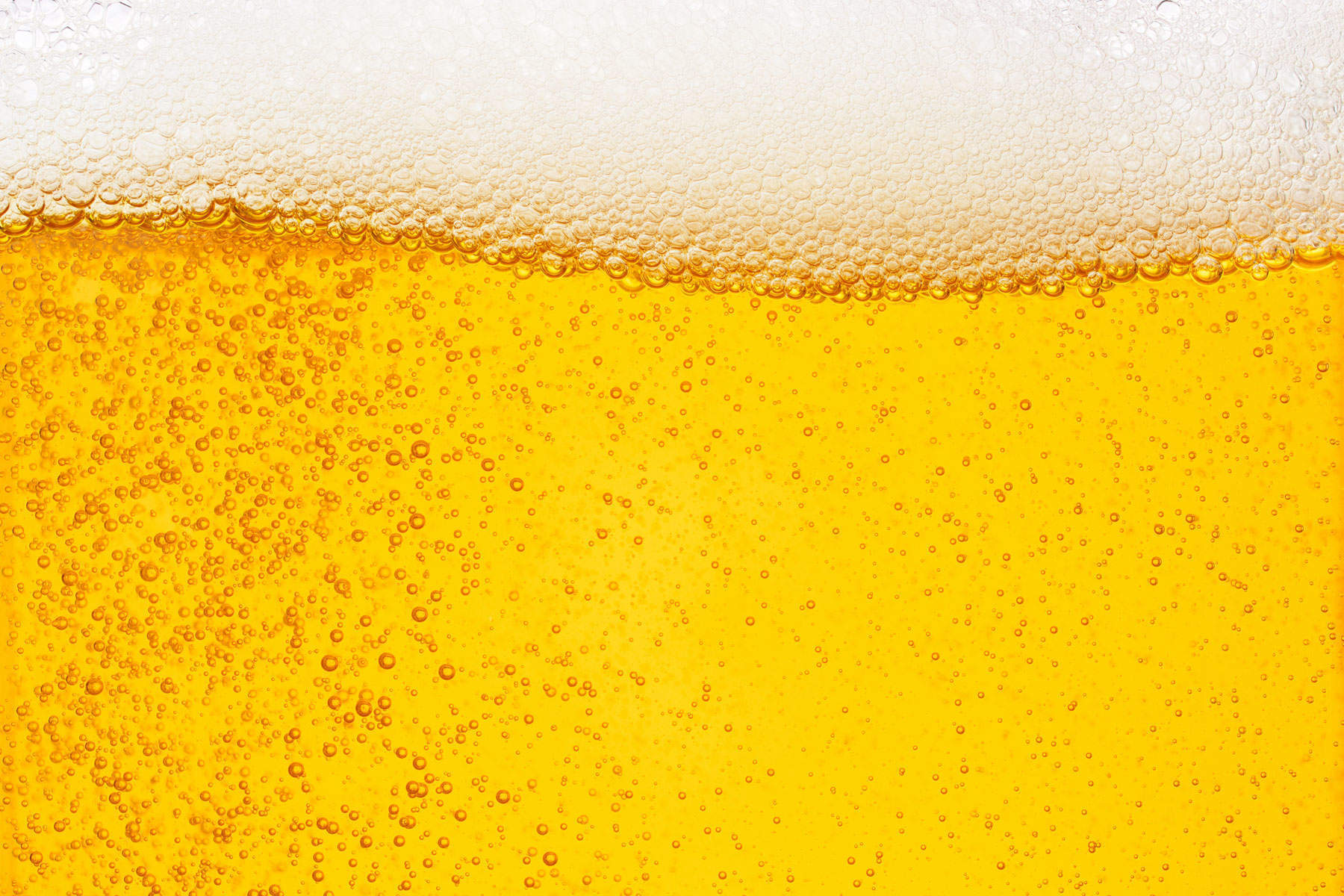
The British Beer and Pub Association (BBPA) has estimated that 14 million more pints will be drunk than in a non-World Cup year during the group stages. Alongside this, the UK is facing a severe shortage of CO2 as well as hot, sunny weather. As a result, the UK has been hit by beer rationing.
Problems have struck at pubs and supermarkets across the country as the availability of the nation’s favourite drinks, including Amstel and Coca Cola, have been restricted. Big brands like Heineken and Coca Cola rely on CO2 for production to provide the iconic froth and fizz. Supply is falling whilst demand is at its peak, so beer rationing has been introduced.

Access deeper industry intelligence
Experience unmatched clarity with a single platform that combines unique data, AI, and human expertise.
However, there are plenty of alternatives available that do not rely on the artificial insertion of CO2. Naturally occurring carbonation through fermentation of alcohol, alongside water’s natural absorption of carbon dioxide, produces an unrestricted supply of drinks to enjoy. In addition, flat drinks are a refreshing alternative.
No need for CO2: alternatives to beat the beer rationing
Big brands Heineken, Fosters and Corona have all faced beer rationing as a result of the lack of CO2. In particular, Heineken’s John Smith’s Extra Smooth and Amstel have been restricted and Tesco-owned Booker has been rationed to ten cases per customer.
However, real ale, real cider and Perry all provide CO2-free alternatives to a usual pint.
Real ale undergoes natural carbonation. Brewers leave live yeast in the bottle or cask to undergo fermentation, meaning there is no need to artificially inject CO2. This does not mean all real ales are flat and warm; there are lots of pale and golden ales.

US Tariffs are shifting - will you react or anticipate?
Don’t let policy changes catch you off guard. Stay proactive with real-time data and expert analysis.
By GlobalDataIn pubs, hand pumps that dispense real ale also do not require CO2, rendering supply unaffected by the gas shortage. On-tap drink requires CO2 to push it through the pipes, meaning even the delivery is constrained by the CO2 scarcity.
This provides the perfect opportunity to sample local beers, with award-winning breweries all over the country. However, you don’t even need to go to the pub to enjoy real ales. Supermarkets such as Tesco stock bottled ales, for example St Austell Proper Job and Sharps Doom Bar.
Fruity alternatives to the CO2 shortage: real cider, perry and champagne
While for many the biggest issue is beer rationing, cider drinkers have been hit too. However, real cider is also produced naturally from apples using 100% pure juices. It is neither artificially carbonated nor pasteurised.
The natural yeasts from the apples ferment the cider. This makes it a great substitute for fizzy ciders such as Strongbow, which has been restricted in supply.
Real is widely available in the UK in both pubs and supermarkets. In fact, the UK has the world’s highest per-capita consumption of real cider. Examples include Biddenden Sparkling Cider, The Orchard Pig Dry Cider and Burrow Hill Kingston Black dry cider.
Perry is another alternative. It is an alcoholic beverage made from fermented pears, similar to real apple cider. Bottle-fermented Perry creates a light sparking drink, making it a sound choice during the current CO2 shortage.
Perry should not to be confused with pear cider, which can be made from the juice of edible pear varieties. It has a paler straw colour with a greenish tinge and more delicate taste than apple cider.
Perry is only made in Gloucestershire, Herefordshire and Worcestershire as it requires specific Perry pears. However, you can source it from other areas as well. Top Perry brands include Gwatkin Farmhouse Perry, Dunkertons Perry and Oliver’s Bottle Conditioned Perry.
Of course, there is also Champagne and wine as alternatives to a pint. The classic method of Champagne creation does not require carbonation as it involves adding sugar and yeast to ferment. In fact, champagne is even fermented twice to create all the bubbles.
Non-alcoholic CO2 alternatives
Beyond the beer rationing, the supply of soft drinks such as Coke and Lemonade has also been seriously affected by the CO2 shortage. Coca Cola has temporarily paused some of its production. Britvic, the company which bottles Pepsi in the UK, is also believed to be hit hard by the shortage.
So to keep some fizz, you should consider naturally carbonated mineral water. It is sourced from springs where the water absorbs carbon dioxide from the ground, produced by volcanic activity.
The most notable brand is Perrier. It has a distinctive teardrop shape and signature green colour, and comes in natural, lemon and lime flavours. You could also easily add juice or flavourings to create a naturally fizzy alternative to classic soft drinks such as Fanta. Similarly, stillwater could be used to the same effect.
Fruit juice is also an alternative to soft drinks, along with flat drinks such as Oasis and J2O.
Some brands are protected against the shortage
However, not all companies are facing the same concerns as a result of the shortage. Verdict spoke to Fever Tree which confirmed that its production has not been affected by the lack of CO2.
Carlsberg UK has also not faced these issues because of its own CO2 Recovery System within its Northampton Brewery. This allows it to be self-sufficient in supporting its own brewing commitments within the UK. Similarly, AB InBev is largely self-sufficient in CO2 after investing in its recovery and recycling capabilities at its two UK production sites.







